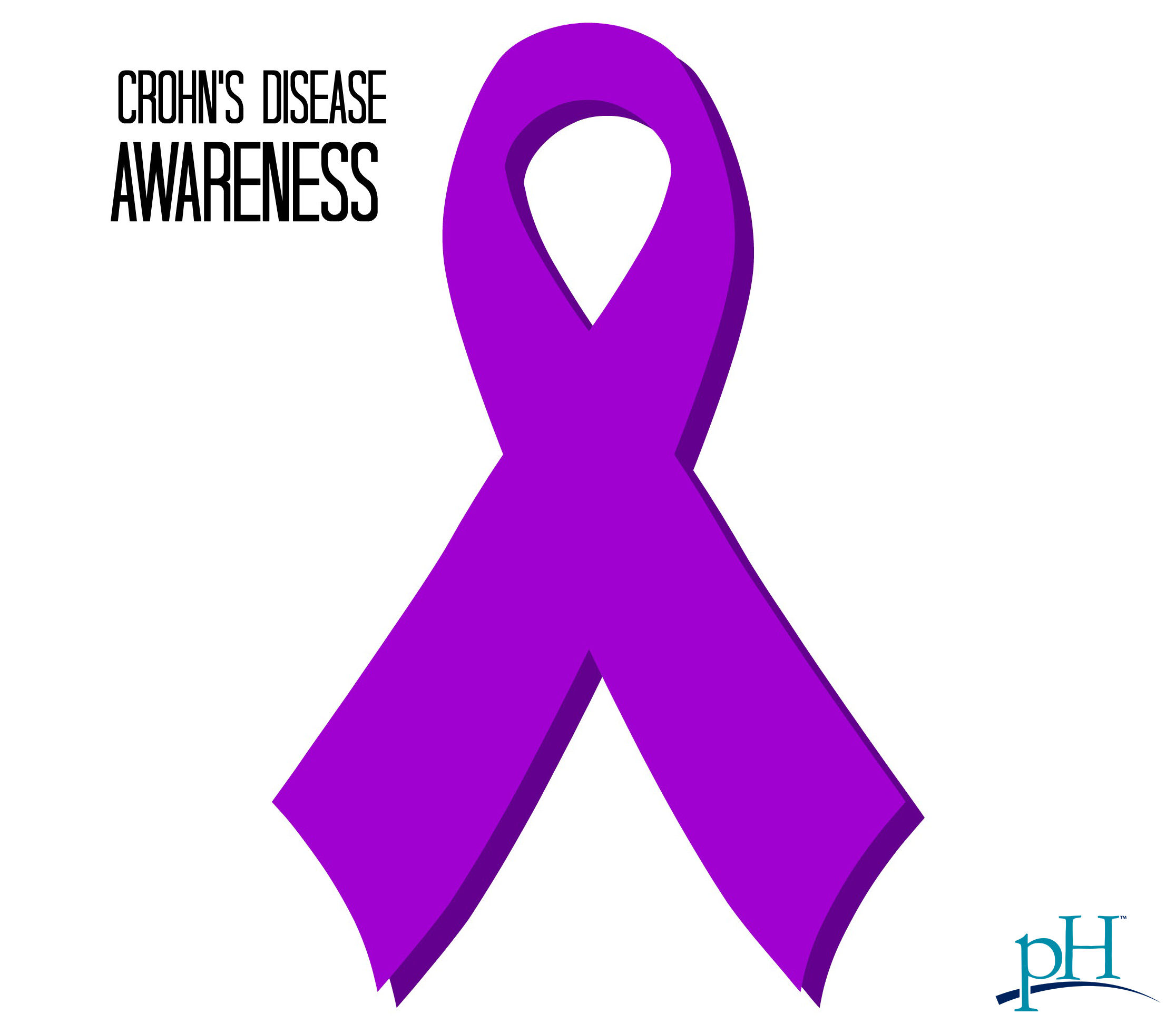What you need to know about Crohn's disease
11 years ago | Crohn’s disease
By pH health care professionals
In a group of diseases known as inflammatory bowel diseases, which includes ulcerative colitis, Crohn’s disease distinguishes itself by its autoimmune attack on the full thickness of the intestine. That is, the body turns against its own delicate tissues, resulting in bleeding, swelling, abscesses, fistulas (abnormal connections between internal organs), perforations and more.
Telltale symptoms of Crohn’s include fever, diarrhea, abdominal pain, fatigue and weight loss. There might be mucus, blood or pus in the stool. There also may be some scarring, which can lead to constipation.
Who is most likely to have Crohn’s?
Just like with multiple sclerosis, people who live in cooler climates at higher latitudes are more likely to have Crohn’s. It’s estimated that 201 out of every 100,000 adults has Crohn’s. People are most likely to be diagnosed in their teens and 20s, and women are at slightly higher risk. White patients and Ashkenazi-Jewish patients are the most common, whereas Asian and Hispanic patients with Crohn’s are very rare.
What should you do if you have Crohn’s?
- Partner with your doctor. If you have Crohn’s, you are likely taking a combination of immune system drugs and have regular visits with a gastroenterologist. Ask your gastroenterologist if you should be on fiber. This will likely be a beneficial supplement if you have diarrhea as your primary symptom. Fiber is converted to short-chain fatty acids, which help to heal the colon tissue. Patients who have had colon surgery may need extra medium-chain triglycerides (found in medical foods). Keep on top of your scheduled colonoscopies, as Crohn’s carries a higher risk of colon cancer.
- Stay on track with your diet and meds. Even if you have an aversion to food, it is important to consume enough calories to support your body weight. Children who have the disease sometimes even need tube feedings overnight. It is also important to stick to your medication schedule, as skipping doses can lead to your immune system “breaking through” and continuing to attack your intestines.
- Consider all your options. While sticking to your treatment regimen, also consider asking about natural treatments for Crohn’s. Scientific studies showed that the Indian tree resin Boswellia serrata was effective in inflammatory bowel disease in both animals and humans. Diammonium glycyrrhizinate (licorice root extract, not the candy!) was studied in ulcerative colitis and successfully reduced inflammation in mice. Wheat grass on an empty stomach was also effective in these patients. Curcumin (a turmeric extract), taken in addition to regular prescription medicine, reduced relapses in both kinds of bowel disease patients. Green tea, ginger, flavonoids, cloud mushrooms and aloe vera were all helpful in studies on diseased mice.
You can be healthy and successful even with this disease. Actress Shannen Doherty and former U.S. President Dwight Eisenhower are two notable names who have or have had Crohn’s. For support, look to the Crohn’s and Colitis Foundation for a local support group.
Be proactive so you can enjoy your healthy life!
The pH professional health care team includes recognized experts from a variety of health care and related disciplines, including physicians, attorneys, nutritionists, nurses and certified fitness instructors. This team also includes the members of the pH Medical Advisory Board, which constantly monitors all pH programs, products and services. To learn more about the pH Medical Advisory Board, click here.







